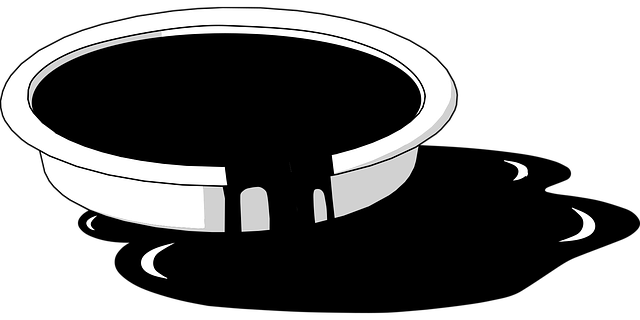The Pitfalls of a Do-It-Yourself (DIY) Oil Change
24th Feb 2023

Changing the oil on a regular basis is one of the most important things you can do for your vehicle. Motor oil lubricates the parts inside of your vehicle's engine while also removing heat and debris. This is why most automakers recommend changing it every 3,000 to 5,000 miles. Do-it-yourself (DIY) oil changes, however, can pose several challenges, including the following.
Wrong Type of Oil
You may unknowingly choose the wrong type of oil when attempting a DIY oil change. Not all motor oil is the same. There's conventional oil, synthetic oil, synthetic-blend oil, high-mileage oil and more. Most auto shops can recommend the best type of oil for your vehicle. With a DIY oil change, you won't be able to use their expertise, so you may end up using the wrong type of oil.
Lack of Tools
You may not have the necessary tools to perform a DIY oil change. Changing the oil in a car or truck is a relatively simple process. It involves draining the old oil from the pan, followed by pouring new oil into the engine. But you'll still need some specialized tools to change your vehicle's oil, such as a wrench, an oil filter wrench and a drain pan. Without these tools, you may not be able to safely change your vehicle's tools.
Overlooking the Oil Filter
Another common pitfall of a DIY oil change is overlooking the filter. Some drivers change their own oil, only to forget about changing the filter. Vehicles have an oil filter that, as the name suggests, is designed to clean the oil. Oil will flow through the filter, during which it will be cleaned. The filter will remove debris from the oil. If you're going to change your vehicle's oil, you'll need to chance the oil filter as well.
Tightening the Drain Plug Too Much
When putting the drain plug back on your vehicle, you'll need to use caution to ensure that you don't tighten it too much. Overtightening the drain plug is a common mistake drivers make when changing their vehicle's oil. When overtightened, the threads on the drain plug may wear down, in which case you may not be able to remove the drain plug in the future.
Oil Disposal
Even if you're able to drain the old oil from your vehicle and add new oil, you'll still have to dispose of the old oil. You can't just pour it down the drain, nor can you toss it in the trash. Motor oil is classified as a hazardous substance, and like all hazardous substances, it must be properly disposed of.

